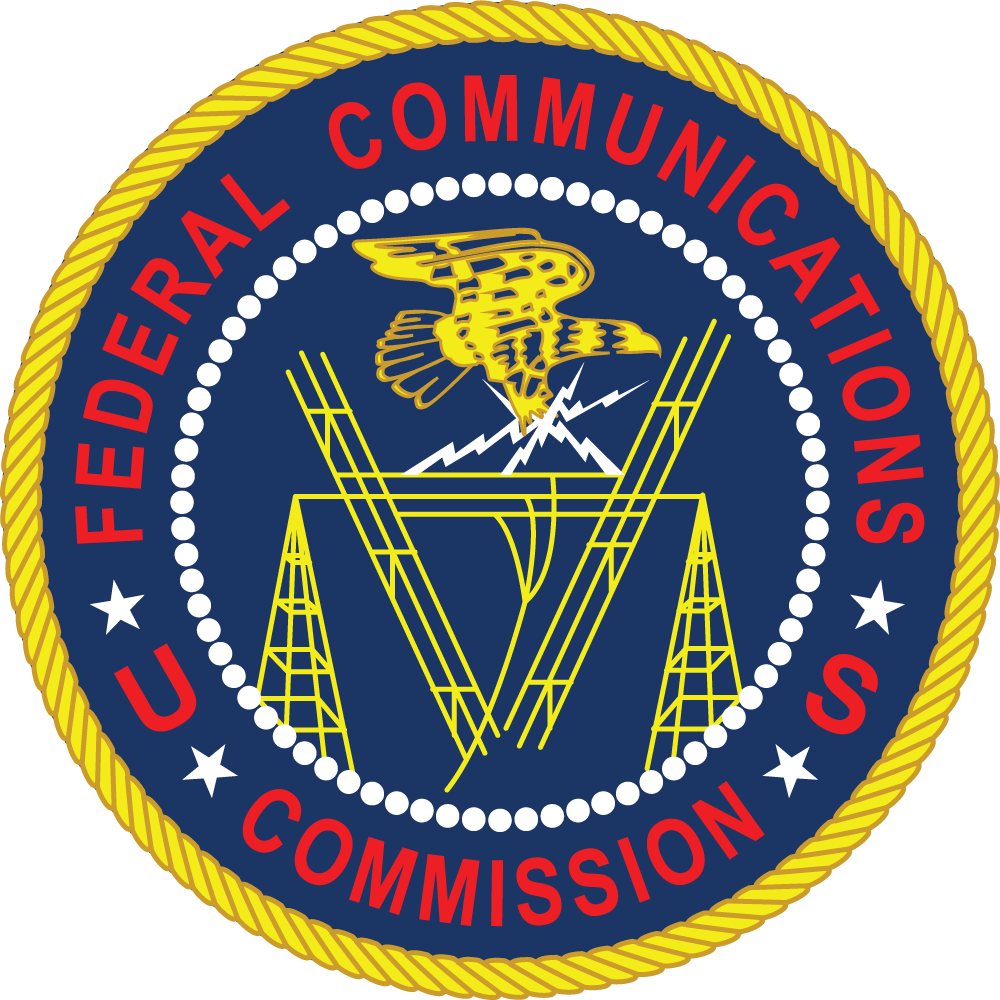Oops: Clerical Error Let Word of Sinclair Probe Slip
The smarter way to stay on top of the multichannel video marketplace. Sign up below.
You are now subscribed
Your newsletter sign-up was successful
It turns out the Federal Communications Commission didn’t mean to publicize the fact that the Media Bureau is investigating Sinclair Broadcast Group related to its aborted merger with Tribune Media, an investigation cable operators were happy to see.
Cable ops have long argued that Sinclair pushes the ownership limits via joint agreements and arm’slength transactions to control more stations than the FCC rules would normally allow.

The Media Bureau investigation was not in response to a complaint or challenge to Sinclair’s licenses, an FCC source confirmed. In any event, the regulator does not comment on ongoing investigations, as anyone who has watched chairman Ajit Pai testify before Congress can attest.
But there was the hearing designation order in the FCC’s searchable database — which was slipped over the electronic transom to The Wire by an eagle-eyed former broadcast bigwig.
In letters to Sinclair attorneys, the FCC is seeking, on penalty of perjury, answers to lots of questions about how the broadcaster structured the deal, how prices were calculated and what the relationship of Sinclair execs to the parties buying spinoff stations might be.
The FCC commissioners unanimously voted to designate the deal for hearing — a death knell — and all had questions about how Sinclair represented the deal to them and whether it did so accurately. The hearing was dropped after the deal was withdrawn, but those questions remain and the Media Bureau opened an investigation, as many suspected it would.
So, if the FCC does not publicize ongoing investigations, how did the document wind up in the public database? The FCC chalked it up to a clerical error and, when asked about it at a press conference, Pai had nothing more to add.
The smarter way to stay on top of the multichannel video marketplace. Sign up below.
No word on who made the electronic slip.
Contributing editor John Eggerton has been an editor and/or writer on media regulation, legislation and policy for over four decades, including covering the FCC, FTC, Congress, the major media trade associations, and the federal courts. In addition to Multichannel News and Broadcasting + Cable, his work has appeared in Radio World, TV Technology, TV Fax, This Week in Consumer Electronics, Variety and the Encyclopedia Britannica.

